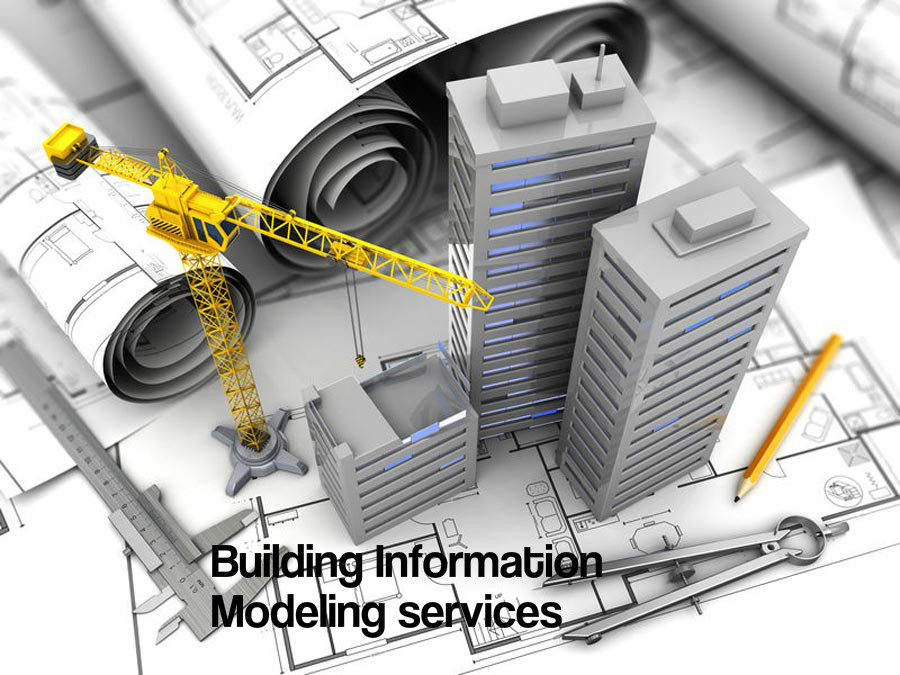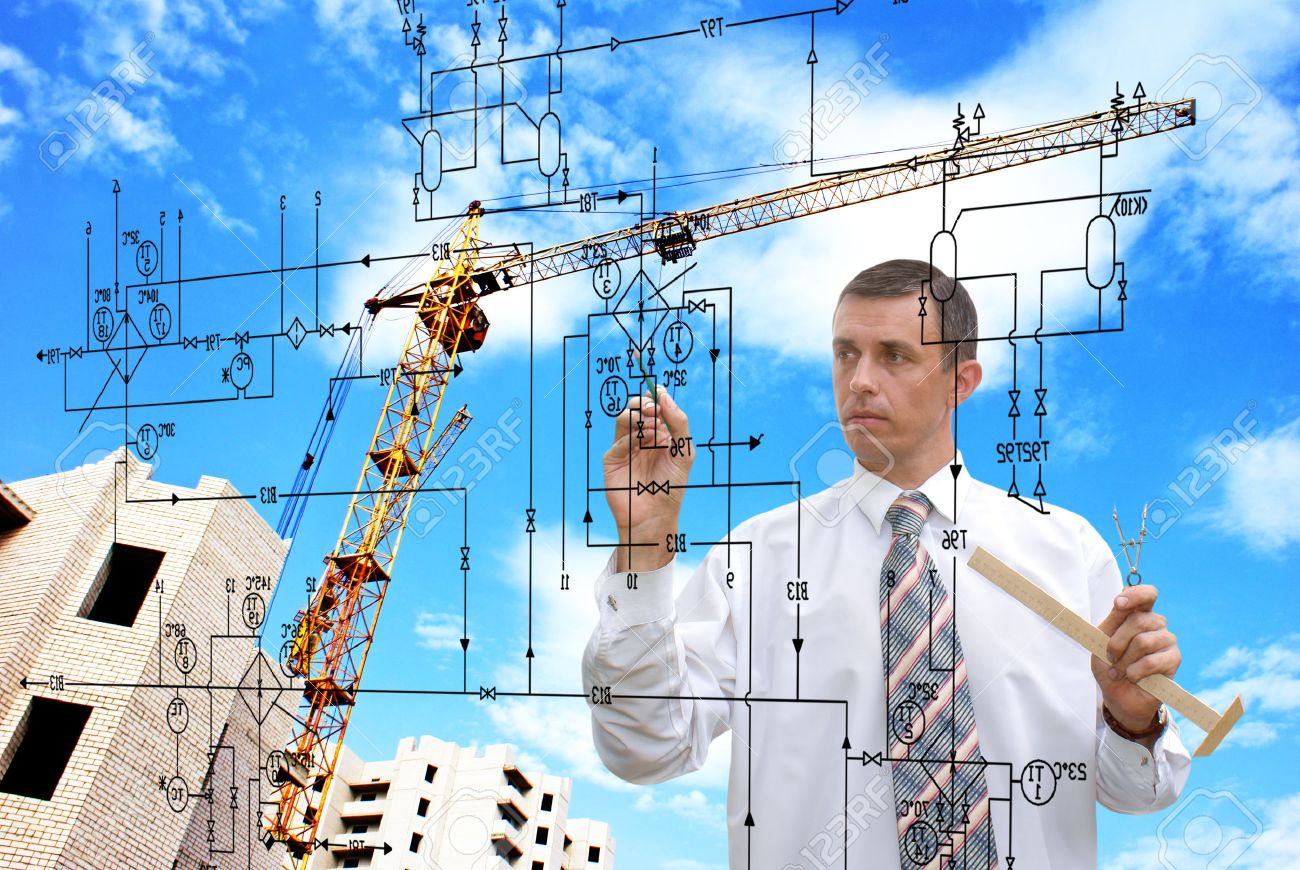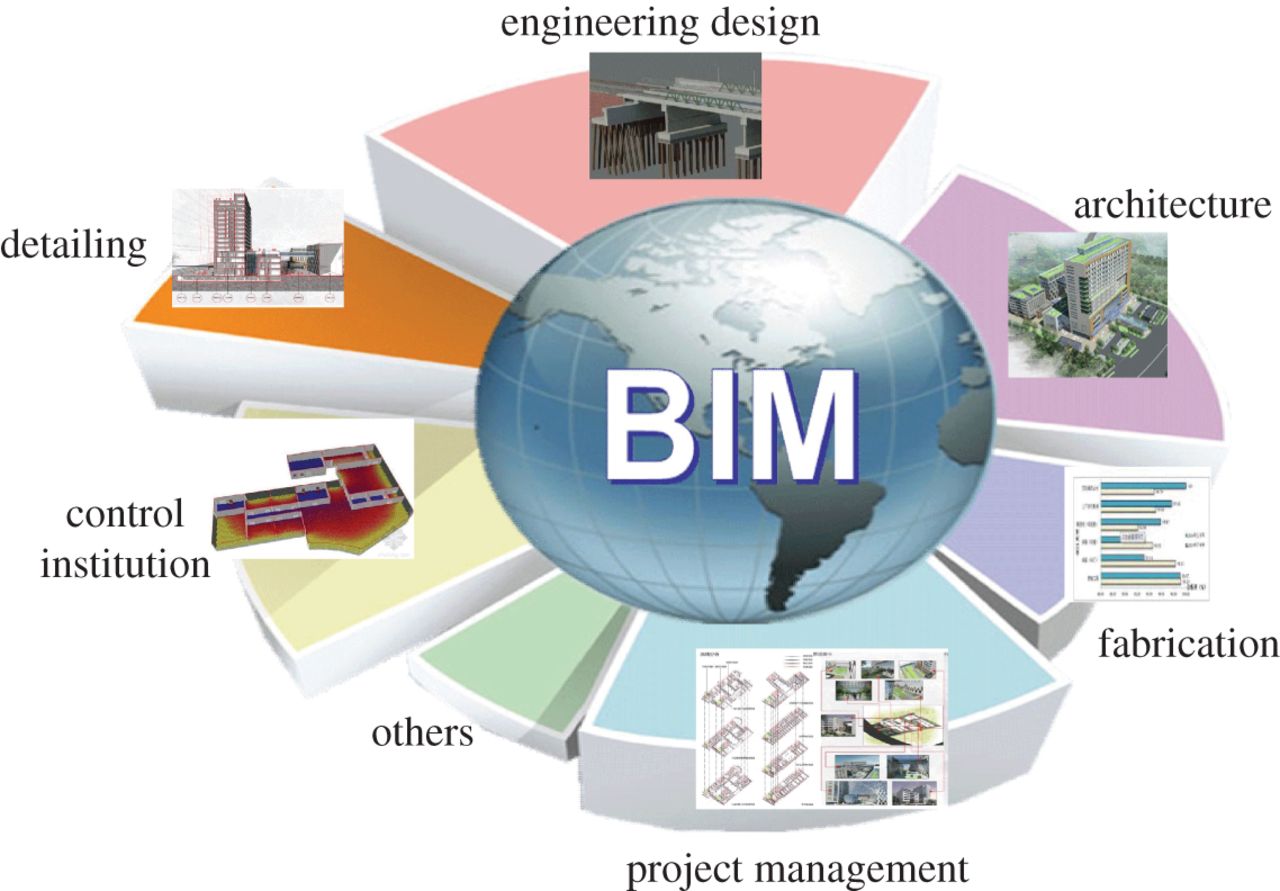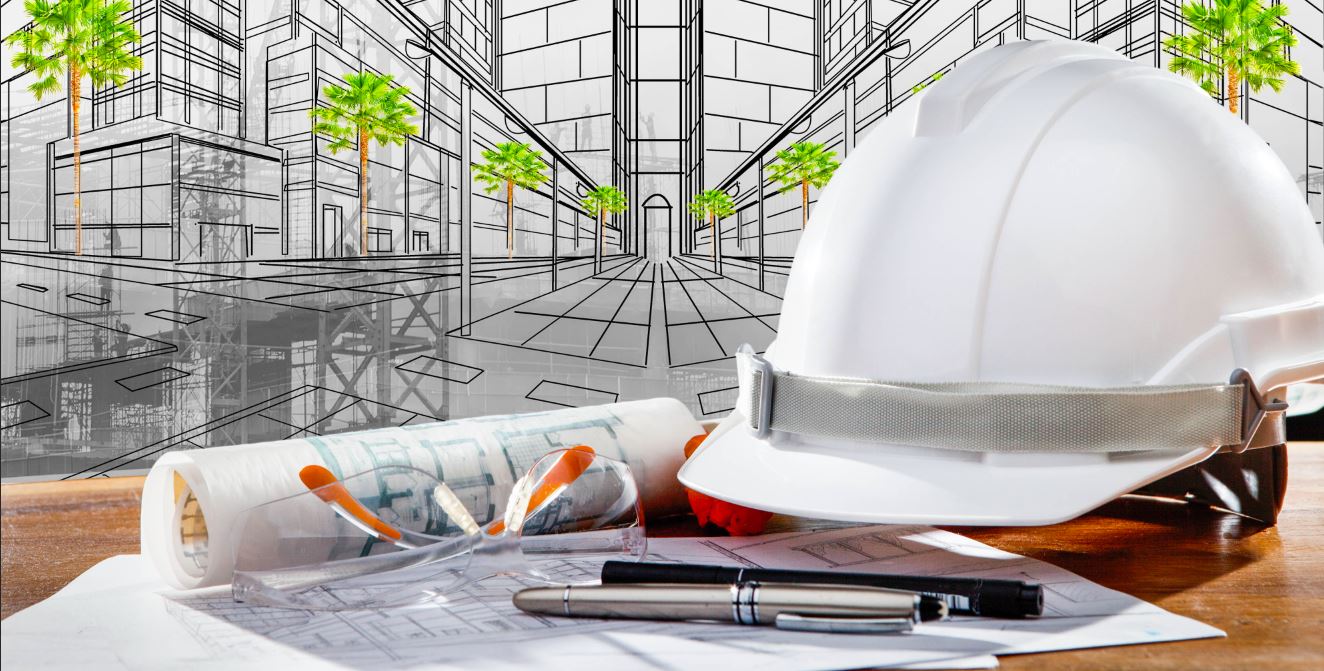
Artificial Intelligence has already transformed how the industries ranging from agriculture to finance to advanced medicine operate and process, and now the construction industry is facing the positive ramifications of its adoption. According to the recent forecast, the adoption of AI in the construction sector is expected to grow at a CAGR of 33.79% by 2025.
Artificial intelligence has created a favourable environment for improving the pre-construction phase- effective planning and designing, enabling advanced capabilities for building information modeling and generative designing and with newer advancements will have positive impacts furthermore, such as:
1. AI Systems to Reduce Errors and Expose Insights: The construction industry is highly driven by data, insights and measurements; firms are focused on eliminating any error in the processes of building a site that is risk proof. The errors to be removed will help in boosting the productivity of the team and the process and also improve the outcomes.
2. Structured Data Platforms: AI software and applications have allowed the members of the project to capture and track data across team members. The amount of unstructured information generated during construction planning and designing through paper drawings and inconsistent databases can be analysed by AI & data analytics; the machines can identify a structure on the basis of analysis and produce consistent and structured information that offer opportunities to expose insights to improve performance. The AI will create a common data environment which will allow project members to quickly derive value from rapidly advancing technologies.
3. Human + Machine Collaboration: The construction industry requires both intuitive and non-intuitive action capabilities. AI can provide a structure to unstructured thoughts by being a digital advisor and a Human brain can process unstructured physical environments as it is. The collaboration of both can improve performance outcomes.
4. Task Automation: The need of the hour is to reduce manpower hours where not required. In any industry especially the construction sector, there are menial task jobs that occupy the best of brains; the use of AI will open the opportunity of task automation of such jobs by augmenting, enhancing and replacing such tasks by digital machines. The adoption of AI will not affect the job structure instead will make the tasks systematic and improve productivity.
5. Transition to Increase Capacity: The problem of inefficiency and inefficient designs has made the construction industry struggle and suffer for years, arising from misapprehension or miscalculation. The adoption of AI will enable the teams to deliver profitable, sustainable and efficient projects that have lesser errors and are insightful. Transitioning from physical machine to digital machine will require educating oneself with the latest technology and trends which enabling the construction firms to become market leaders.
6. Applications based on Business Value: AI technology is formed with the combination of machine-learning and data science, capable of effectively solving business problems. Construction companies that standardize data capture and maintain high data quality standards can benefit in improving business value from implementing AI technology.
Construction companies that harness Artificial Intelligence have a competitive advantage over firms who are yet in the process to discover the uses of this technology. AI can have a transformational impact on the working of a construction project and can improve the efficiency and effectiveness of the construction process and actual construction carried by 3D printing, modular or prefabrication method or whatever method.
TechnoStruct LLP is a leading name in the architecture, engineering and construction industry. It specializes in providing mechanical and engineering solutions, designing, solar engineering solutions, and construction solutions to commercial projects across industries, with a diversified range of services including but not limited to BIM, MEP engineering and designs, Mechanical Subcontractor, Solar, Electrical Subcontractor, and many more.



